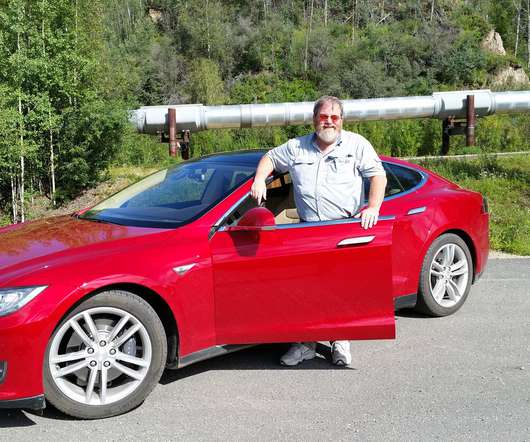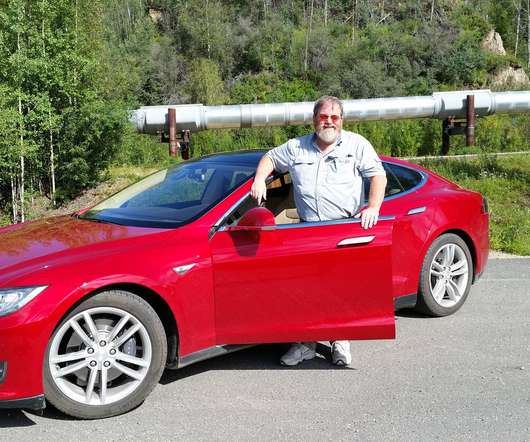ICCT: US domestic airlines show modest improvement in fuel efficiency since 2010, top performers Alaska and Spirit widen lead
Green Car Congress
APRIL 30, 2014
Alaska Airlines had the most efficient US domestic operations in both 2011 and 2012, the same position it occupied in a 2010 benchmark assessment published by the ICCT last year. Alaska is very efficient in large part because it operates a new Boeing fleet and uses turboprops on regional flights. Earlier post.) Click to enlarge.






















Let's personalize your content